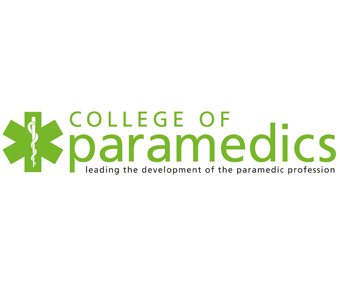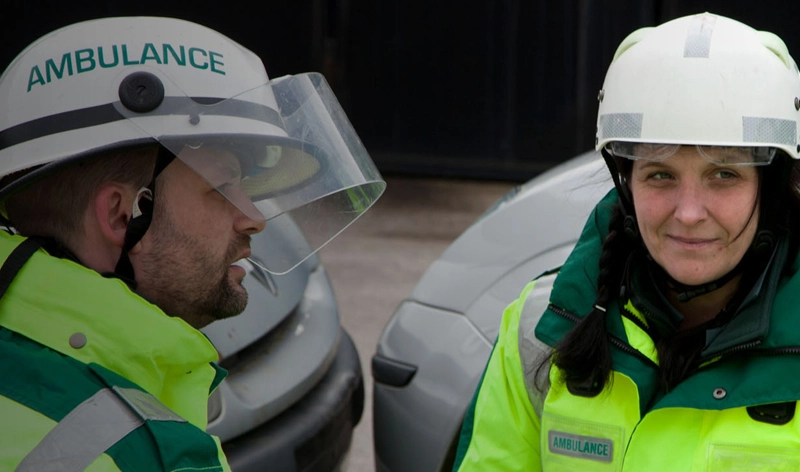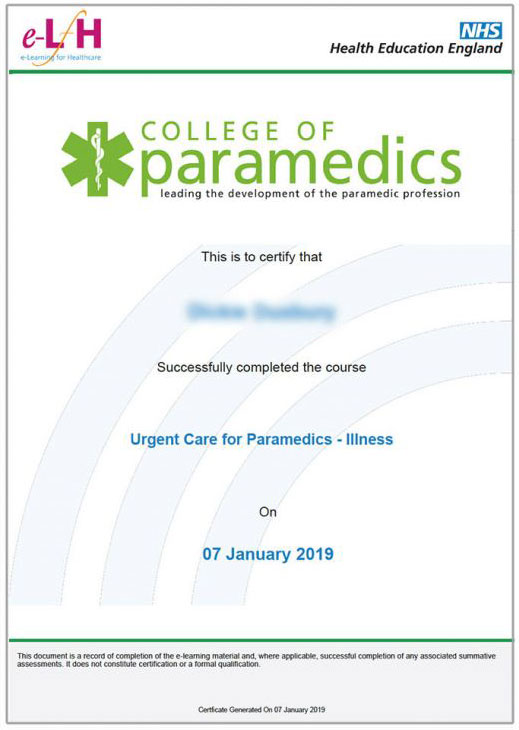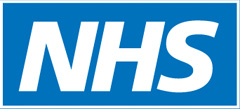
Course Features
- Suitable for healthcare professionals in the UK and internationally
- Highly interactive content, with case studies, questions and animations
- Convenient online access for busy practitioners
£40.00 Excludes VAT where applicable.
Multiple or multi-year licences are available, please contact us for details.
Contact UsAny questions? FAQ's
Paramedic Course
This online paramedics course is suitable for qualified paramedics, trainees, community first responders, healthcare assistants and all those involved in pre-hospital care.
It is available online, so you can study at your own pace – in work, at home or on the move.
The training covers a wide range of issues that are relevant to a paramedic’s role, such as pain management, clinical decision making, ethics and mental health issues. It has been written by experienced paramedics who are also educators in the field and meets the highest quality standards.
You can select topics that are relevant to your needs and interests. Each module takes around 20 to 30 minutes to complete – so you can fit this course around your busy life.
High-Quality Training for Paramedics Globally
Developed in the UK by the College of Paramedics, the programme includes many interactive features, such as videos, case studies and animations, to help embed learning and understanding.
Using real patient cases, you can build your knowledge with authentic scenarios, which can be applied to everyday practice.
This online paramedic course will help you refresh, extend and update your knowledge and competencies as a paramedic.





